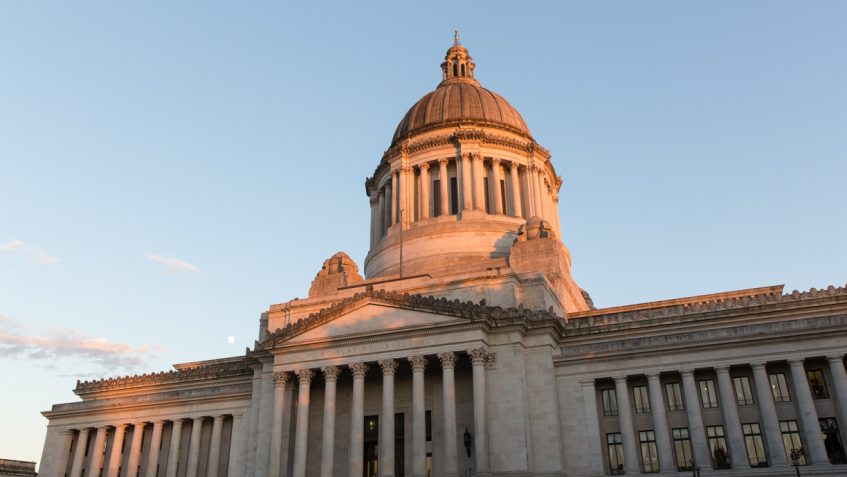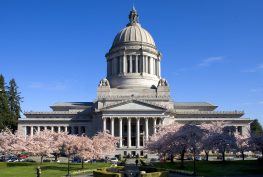Dear Neighbors,
After a long six months in Olympia, we have finally finished the 2015 legislative session. The main state operating budget was signed by Gov. Jay Inslee on June 30, ensuring we avoided what would have been a devastating government shutdown.
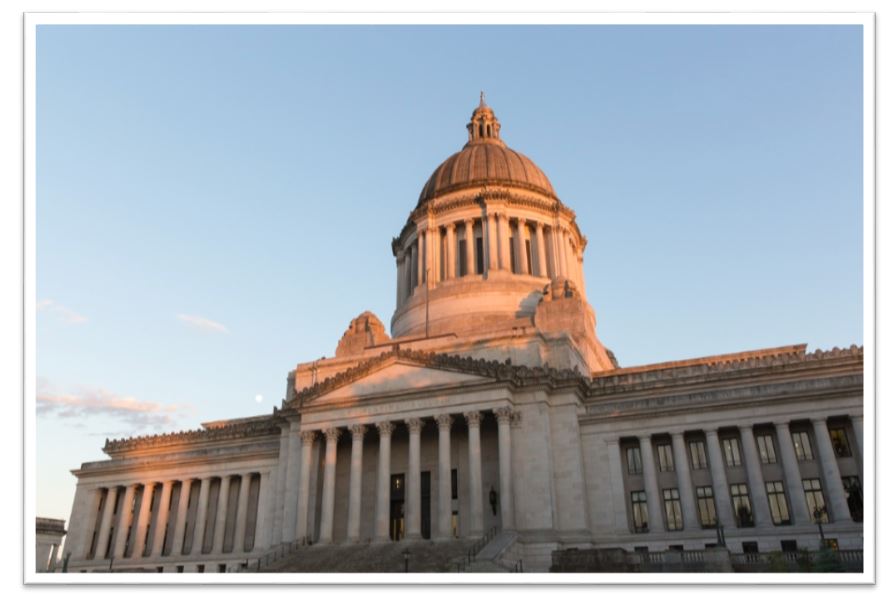 The Legislature stayed in session for an extra week to finalize the transportation and capital budgets, and to discuss how we would address the voter approved class size reduction initiative. We also passed a bill that allowed 2,000 hard-working and deserving students to graduate from high school. Please click here to see a video of my Senate floor speech with stories of some of these students.
The Legislature stayed in session for an extra week to finalize the transportation and capital budgets, and to discuss how we would address the voter approved class size reduction initiative. We also passed a bill that allowed 2,000 hard-working and deserving students to graduate from high school. Please click here to see a video of my Senate floor speech with stories of some of these students.
It was a historically long session with some positive outcomes – but many of our biggest challenges lie ahead. I’d like to share with you where I think our district and state stand as we wrap-up the 2015 legislative session, starting with a letter from a Renton constituent who got to the heart of the difficulties the Legislature experienced this year.
Standing Strong for Education
Thank you for supporting students and educators by voting against HB 2266, the bill to delay implementation of I-1351. You can raise new revenue and fully fund the smaller class sizes our students deserve in every grade level. Please stay strong and support the will of the voters. Support progressive new revenue and fully fund I-1351 giving every student, regardless of grade, the opportunity to learn in uncrowded classes.
Thank you for your past support of education. Please don’t back down now.
Our state constitution calls education our “paramount duty,” and I agree. That is why I did not support either attempt to pass a bill that will delay the voter approved class-size reduction Initiative 1351 for four years. With a price tag of $2 billion, money was the only reason I-1351 was not addressed this year. And money is not a good enough reason to delay implementation of any aspect of basic education, according to the state Supreme Court.
As our neighbor from Renton pointed out, all kids, regardless of grade, deserve to learn in an uncrowded environment. A delay of class sizes reduction is a delay of basic educational opportunities and success for students across Washington – particularly low-income kids and students of color. Click here to watch the 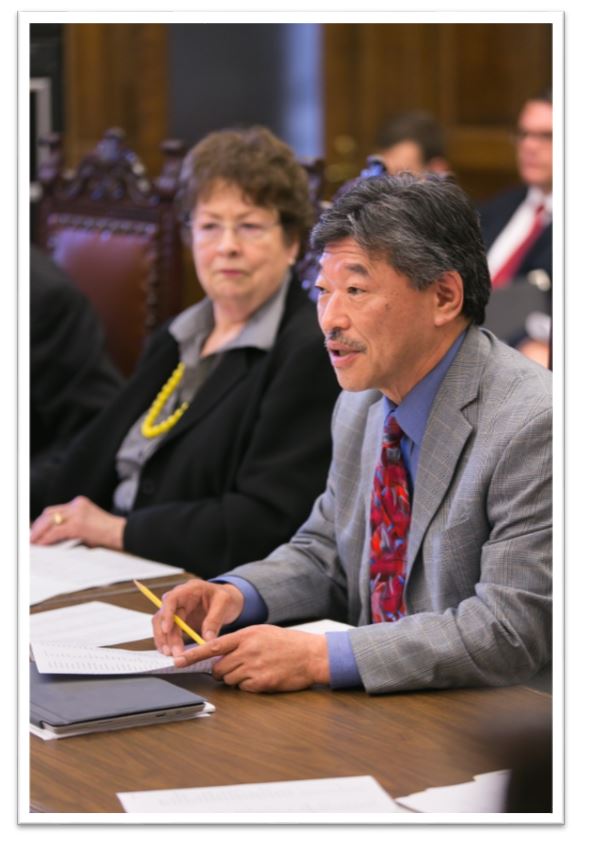 video of my floor speech about this measure.
video of my floor speech about this measure.
Education funding also gets at the heart of why I voted ‘no’ on the operating budget. While I support that the budget includes long-overdue investments in class size reduction in K-3, all-day kindergarten and money for classroom supplies, materials and operating costs, we missed the chance this year to institute “progressive new revenue” that will ensure we can fully fund public schools and maintain that funding without this yearly gridlock.
Although we started the 2015 session with a $5 billion shortfall, Senate Republicans refused to even discuss increasing revenue until well into the second special session, when they finally conceded that we could not balance our budget without raising revenue. In the 11th hour, they finally agreed to $452 million in tax loophole closures over the next four years – which still left I-1351 unfunded by $2 billion this year. They expected the Legislature would simply overturn I-1351.
Even before session began, Senate Republicans refused to consider more fair and sustainable sources of revenue like a capital gains tax on the richest Washingtonians, or a carbon tax on corporate polluters. This upside-down approach to state revenue will only become more problematic as we face funding both I-1351 and the state’s overreliance on property tax levies, which tops $3.5 billion.
The Legislature had the opportunity this year to make real changes to our unfair tax system and ensure more sustainable funding for our schools and other responsibilities. That challenge was kicked down the road yet again, setting us up for gridlock year in and year out. But with your help and voices, we can push for a more fair tax structure to ensure the biggest corporations and richest in our state pay their fair share so that we can fully fund all of Washington’s schools.
Transportation
After ten years, I am happy to report we passed a transportation revenue package that will create over 200,000 jobs in Washington, and make critical investments in 11th district infrastructure. No matter how you look at it, this is a big win for our area and the state. Because even though the Wall Street created Great Recession is over and unemployment in King County is down, too many of our friends and neighbors are still out of work or underemployed.
You might remember that I voted ‘no’ on the original Senate version of the transportation package. There were simply too many strings attached without enough investment in what we really need. The problems included a $1 billion shift from the operating budget to transportation, destructive collective bargaining and prevailing wage measures, harmful environmental provisions, and only partial funding authority for Sound Transit to work on projects like light rail and bus service expansion.
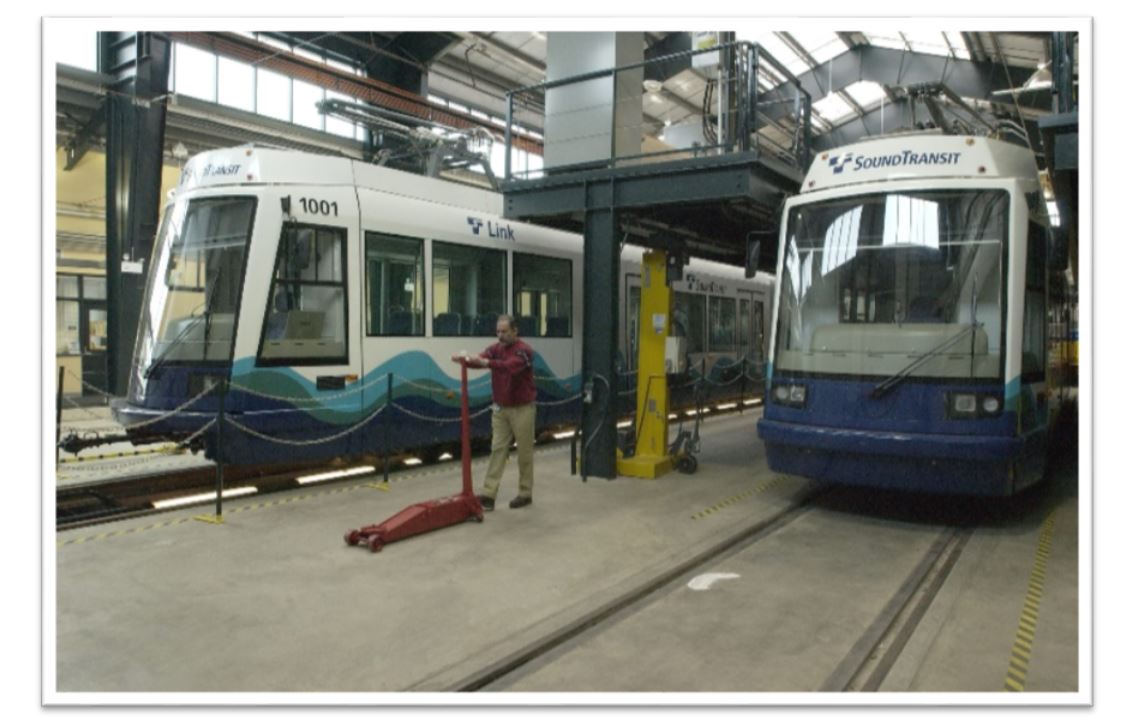 The final bill is much better, but still had a major problem; the anti-environment “poison pill” is still intact. This is the stipulation that takes away the governor’s executive authority to implement a low-carbon fuel standard. Although some compromise was made in cutting the poison pill duration from 16 years to eight, that is still simply too long to wait to take action on carbon reduction. Carbon emissions are not just an environmental issue, they are a social justice one too. Air pollution disproportionately affects low-income individuals and people of color because they are more likely to live near major transportation corridors and sites of industrial pollution. More than half of Washington’s air pollution is transportation related, so reduction of carbon emissions is a critical public health issue.
The final bill is much better, but still had a major problem; the anti-environment “poison pill” is still intact. This is the stipulation that takes away the governor’s executive authority to implement a low-carbon fuel standard. Although some compromise was made in cutting the poison pill duration from 16 years to eight, that is still simply too long to wait to take action on carbon reduction. Carbon emissions are not just an environmental issue, they are a social justice one too. Air pollution disproportionately affects low-income individuals and people of color because they are more likely to live near major transportation corridors and sites of industrial pollution. More than half of Washington’s air pollution is transportation related, so reduction of carbon emissions is a critical public health issue.
Fortunately, the poison pill only ties the hands of the governor. The Legislature can still act, and so can the people of Washington who have the ability to put a low-carbon fuel standard measure on the ballot. I believe the people of this state are up to the task of standing up to Big Oil and their lobbyists, and can help ensure we take steps to reduce carbon emissions in Washington. Click here for a video of my speech on the transportation package.
Equity of Opportunity is a Public Responsibility
We know that equity of opportunity starts at a very early age. That is why investments in quality early learning is critical to closing the opportunity gap we see that persists between low, middle and high-income students. But I firmly believe that in order to have true equity of access to quality early learning, our system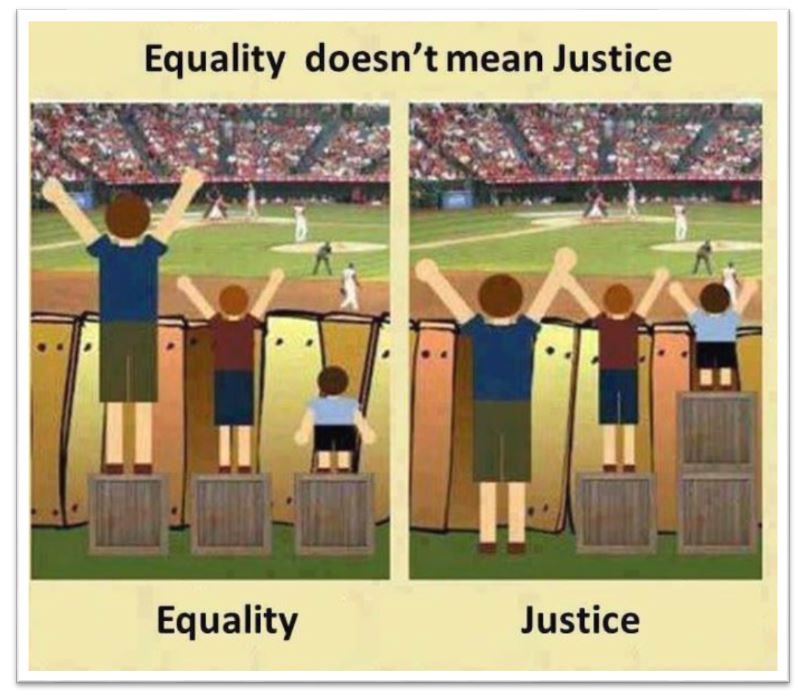 must be public. In the final days of the 2015 session, we passed “The Early Start Act.”
must be public. In the final days of the 2015 session, we passed “The Early Start Act.”
While it aims to improve access to early learning for Washington kids, this bill relies on and provides funding for private institutions without making any assurances that kids in low-income families can have the same access to quality education that high-income children have. It was difficult to vote no on this measure because I strongly believe in early childhood education, but the bill is fundamentally flawed because it threatens to actually increase the opportunity gap. This is not the direction I believe this state should go. Click here for my floor speech on the Early Start Act.
Although this was a difficult session, I believe we are gaining momentum on the common understanding that we need sustainable revenue. Washingtonians know that we need to fully fund education equitably without further burdening middle and low income Washingtonians already paying more than their fair share. I will continue to work throughout the interim and into next session to turn that awareness into action.
Thank you to all of who wrote, called or visited my office in Olympia over the past six months. As always, I look forward to hearing from you soon!
Regards,
Senator Bob Hasegawa
